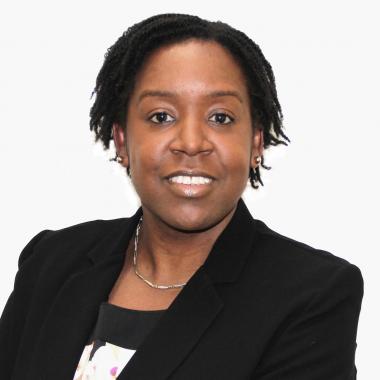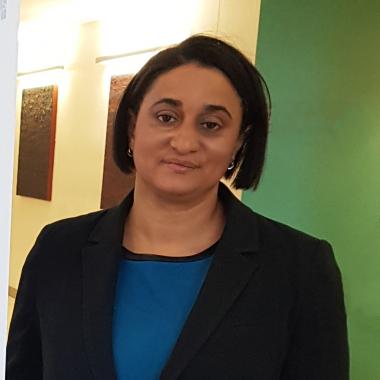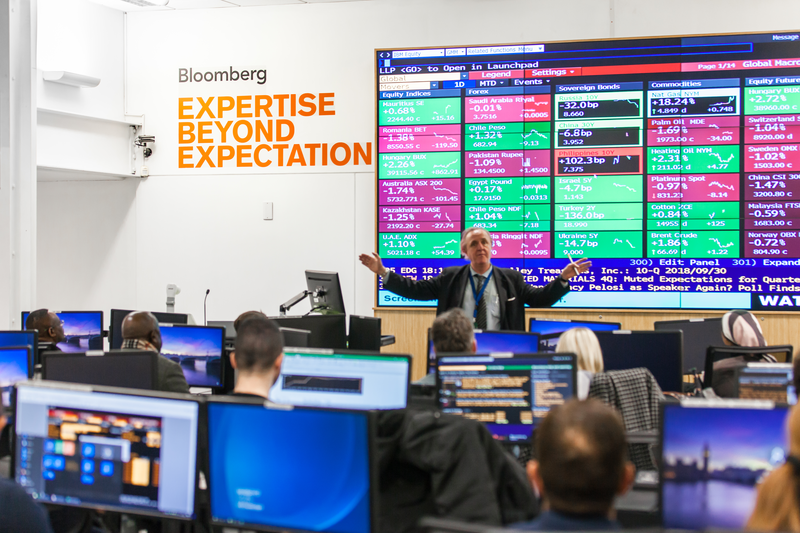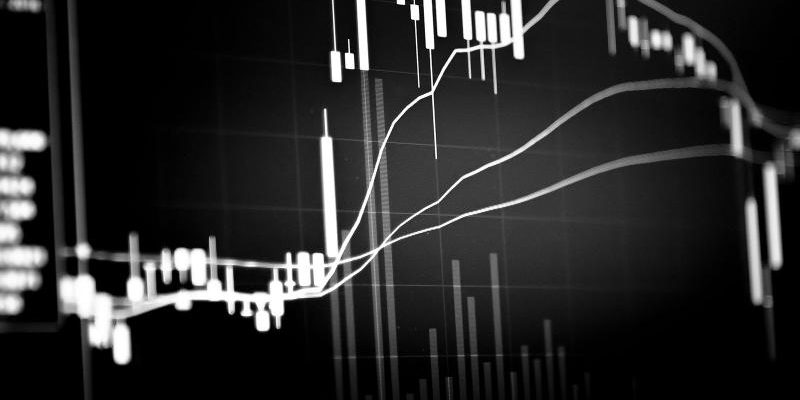Our Economics degrees help you in answering all the key questions
Economic issues are currently at the centre of the global stage from navigating the economic and financial impact of the coronavirus pandemic, to achieving the sustainable development goals, decarbonising the world and unravelling the impact of Brexit. So, it is apt that Westminster Business School is launching two new exciting economic degrees starting in September 2022. The first, BSc Economics explores these and many more questions, as we uncover the far-reaching impact of economics on our world. The second, BSc Financial Economics aims to provide students with a solid understanding of underlying economic theories, principles and their financial applications in a variety of contexts, such as financial markets, the banking system, or global financial strategy.

As the role of data in informing decision-making grows, these specialist degrees expand crucial skills in data gathering, handling and interpretation, quantitative analysis and forecasting. “Our economics degrees will develop technical forecasting techniques, as well as using industry-standard software, including SPSS, Excel, Eviews, Minitab and other statistical packages, to analyse data, build models and produce forecasts.” says Course Leader, Karen Kufuor.
Offering more options and more flexibility
The specialist Economics degrees now also offer more optional modules, especially in the final year, enabling students to tailor their studies to suit their interests, for example you can choose specialist economics modules in the digital economy, migration, in international trade, money banking and finance. All our degrees also offer the flexibility of selecting a language module as an elective or choosing other areas of the business school such as entrepreneurship, human resource management, marketing or accounting.

“Many students have not been exposed to economics or financial economics, so this level of flexibility is ideal as it allows students to discover what interests them and gain better insights in to the disciplines before committing to their final degree”
Karen Kufuor, Course Leader: Economics BSc Honours, Financial Economics BSc Honours
We have also built in flexibility between the two specialist economics degrees. So, selecting either Introduction to Financial Economics or Crises and Controversies in Economics as an option module would allow you the flexibility to switch between programmes at the start of your second year.

“I often find that many students joining us are not 100% sure about what profession they want to join or even what they want to study; and in fact, many students have not been exposed to economics or financial economics, so this level of flexibility is ideal as it allows students to discover what interests them and gain better insights in to the disciplines before committing to their final degree.” says Course leader Karen Kufuor.
With authentic development of employability skills at its heart
“I am especially proud of the way we embed employability skills directly in to our core economic modules,” Karen continues, “with authentic assessments such as presentations, which continuously develop soft transferrable skills that employers repeatedly tell us they expect from graduates. Students also get a chance to work on live projects, finding solutions for SMEs or a local social enterprise.”

“I am delighted that we are able to offer all first-year students on the financial economics degree a virtual internship with Fidelity International. This allows students to learn the principles of financial economics in class and apply that theory in the working environment”
Dr Helen Solomon, Module Leader: Economics BSc Honours, Financial Economics BSc Honours
Financial economics is all about managing financial assets such as trade and share prices, interest rates and exchange rates so in the first year, financial economics students will be introduced to our state-of-the-art Bloomberg Financial Markets Suite (FMS) used by traders internationally. Later on, in the degree students will use Bloomberg to produce an industry project.

For module leader Helen Solomon creating real world experience for her students is paramount, “I am delighted that we are able to offer all first-year students on the financial economics degree a virtual internship with Fidelity International. This allows students to learn the principles of financial economics in class and apply that theory in the working environment”, says Helen.
To find out more or to apply, please visit the Economics BSc Honours and Financial Economics BSc Honours course webpages on the University of Westminster website.
Read reviews of new degree study options published under our Study at Westminster Business School column where we hear directly from the Course Leaders behind the programme.
- Study at Westminster Business School | Business School expands portfolio with launch of new specialist Economics degrees for 2022 - December 7, 2021
- Academic Minds | Turning Change to Success - August 12, 2021
- Academic Minds | Westminster Business School Students Reach the Grand Final of the Universities Business Challenge (UBC) - March 17, 2020
